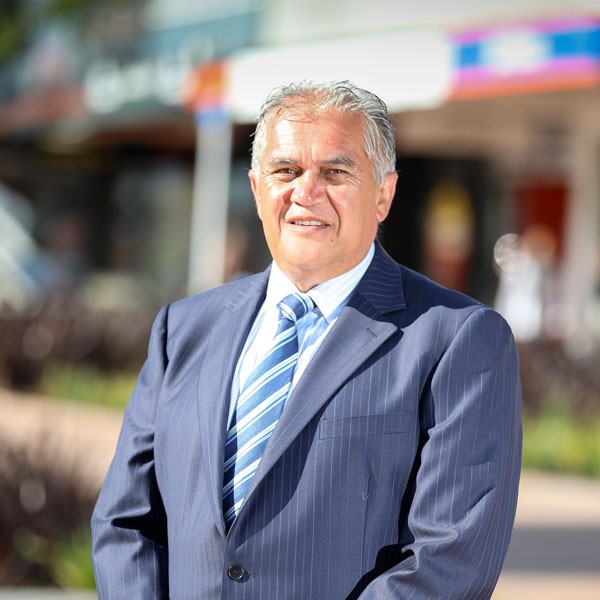Prudent governance and leadership are essential. Ideally, Māori land trustees will work cohesively, with the interests of current and future generations of beneficiaries in mind.
There has always been a presumption that information which is not commercially sensitive is available to beneficiaries on request, so that they may be assured that the assets are being administered properly.
This presumption will become a legal obligation of trustees under the new Trusts Act 2019 which comes into force in 2021.
The new Act confirms the common law presumptions in favour of the disclosure of trust information to beneficiaries of the trust. The new Act also provides for a limited number of exceptions for withholding trust information.
Trustees will only be permitted to withhold trust information if the disclosure is not justified having regard to:
- The nature of the interest held by the beneficiary;
- The personal or commercial confidentiality of the information;
- The practicality of giving information to all beneficiaries; and
- The effect on beneficiaries, trustees and third parties of the trust of disclosing the information.
The Main Duties of a Trustee
The new Act will not remove any of the current obligations of trustees.
These will continue to include duties:
- To act fairly and in the best interest of the beneficiaries of the trust, including exercising trust power for proper purposes;
- To work personally and engage with the people of the trust rather than delegating decisions;
- To act honestly and skilfully to best administer the trust;
- To be thoroughly familiar with the terms of the trust in the trust order (the main trust document) and adhere to its terms;
- To act for the trust and not act to directly or indirectly to benefit themselves personally, acting selflessly for the trust;
- To act impartially and treat beneficiaries equally and not to use knowledge or influence gained as a result of being a trustee to advance the trustee’s own position; and
- To act skilfully to maximise the assets and minimise the liabilities of the trust.
The standard of care required from a trustee will continue to be comparable to that of a prudent businessperson, working carefully and skilfully to manage the affairs of others.
Decision-making by Trustees
Under the new Act, each trustee must keep their own record of the core trust documents. Before making decisions, trustees should consider whether the decision is compliant with the core documents and take into consideration all the relevant facts.
Core trust documents include;
- The trust deed and any other documents containing trust terms, along with any variations;
- Written contracts that have been entered;
- Documents that are needed for the proper administration of the trust; and
- Records of trust property – the assets, liabilities, income and expenses including financial statements.
The trustees must genuinely turn their minds to the question in hand. Some decisions may require specialist advice from an expert; however, the final decision must be the trustees’ own, and not that of the expert advisers.
The trustees should endeavour to record all of their decisions, together with a summary of the considerations taken into account, and attach any documents relied upon, especially any expert advice. This is not only good practice from a secretarial perspective but will ensure that trustee decisions can be explained and defended if challenged later.
Dissenting from a Decision
General trust law requires that trustee decisions must always be unanimous. Section 227 of Te Ture Whenua Maori Act relaxes that rule for Māori land trusts and specifically permits majority decisions where there are three or more responsible trustees.
This reflects the fact that in most Māori land trusts the trustees and beneficiaries will be related by blood. Allowing trustees to make decisions by majority frees individual trustees to recuse themselves from decisions where they have a conflict of interest (where a decision may benefit themselves or a close relative).
It also permits trustees to voice dissent where they do not agree with a proposed course of action. Trustees can and should oppose decisions that they are not in agreement with. If the trustee’s dissent is recorded before the decision is implemented, then the trustee may be able to avoid personal liability for the decision.
Occasionally, we see trustees choose not to attend a trust meeting when they do not wish to support an upcoming decision. This is never effective as decisions for which they will be jointly liable are then able to be made in their absence. Trustees have a duty to actively participate in making trust decisions and will be collectively bound by trustee decisions, whether they were present or not.
When a decision is to be discussed that a trustee does not support, best practice would be:
- To attend the meeting;
- Express the dissent respectfully with reasoning;
- Ensure that the dissent is recorded in the minutes;
- Allow discussion surrounding the decision to continue; and
- Respect the majority decision and refrain from obstructing or undermining the decision once it is made.
While these steps may appear simple, speaking against a majority viewpoint can be difficult and will sometimes require courage.
Recommendations
Trustees should take some time to familiarise themselves with the new Trusts Act, particularly the provisions around disclosure of trust information to beneficiaries before it comes into force. It might also be an opportune time to review the trust’s core documents and ensure that all trustees have copies.
Beneficiaries’ increased access to trust information under the new Act may mean that it is also appropriate to review the trust’s internal procedures such as minute-keeping and meeting procedures. Transparent and up-to-date records will help ensure that beneficiary requests can be responded to promptly and allow trustees to demonstrate that they are carrying out their duties prudently and in accordance with the terms of the trust.
For more information
If you would like to discuss your obligations as a trustee or any other questions you may have about the information in this article, please get in touch. Our team will explain the law in plain language and assist you in implementing workable processes for your Trust Governance. Call us today on 04 472 0020 for the Wellington office or 07 348 2030 for Rotorua.

